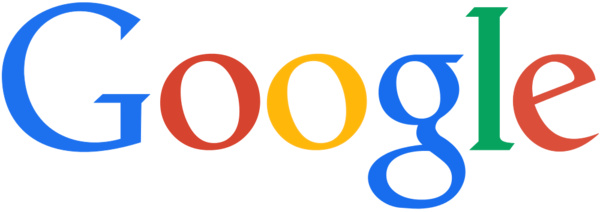
The House Antitrust Subcommittee has released a 449 page report which delves into antitrust issues in digital markets involving some of the largest companies in the world.
The report, which can be found here (pdf), goes into detail of four dominant online platforms: Facebook, Google, Amazon, and Apple. Apple and Amazon the report claims have "significant and durable market power" and dominance in their respective fields.
Google, and Facebook, are said to have a straight-up monopoly in their segments.
However, it also says that Amazon has a monopoly power over many small and medium-sized businesses, and Apple exerts monopoly power in the app store market.
These allegations seem a little less drastic than in the case of Google and Facebook, but nonetheless are seen as some of the more egregious antitrust issues.
The report says the the scrappy startups of the yester year are now "the kinds of monopolies we last saw in the era of oil barons and railroad tycoons" and that it's not clear whether the companies think they are above the law.
While the report doesn't equate to new laws or policies against the monopolistic nature of these internet giants, it does include proposals how to avoid their ever-increasing power.
It suggests that the companies would be further barred from certain lines of businesses where they could exert their power, that they would have to offer equal chance of selling products and services on their platforms for smaller players, and in general new Congressional anti-trust regulations to be put in place.
While there's still a lot to do in terms of legislation and policy, there seems to be a strong bipartisan support for much stricter antitrust protections against the internet monopolies.
Google, and Facebook, are said to have a straight-up monopoly in their segments.
However, it also says that Amazon has a monopoly power over many small and medium-sized businesses, and Apple exerts monopoly power in the app store market.
These allegations seem a little less drastic than in the case of Google and Facebook, but nonetheless are seen as some of the more egregious antitrust issues.
The report says the the scrappy startups of the yester year are now "the kinds of monopolies we last saw in the era of oil barons and railroad tycoons" and that it's not clear whether the companies think they are above the law.
While the report doesn't equate to new laws or policies against the monopolistic nature of these internet giants, it does include proposals how to avoid their ever-increasing power.
It suggests that the companies would be further barred from certain lines of businesses where they could exert their power, that they would have to offer equal chance of selling products and services on their platforms for smaller players, and in general new Congressional anti-trust regulations to be put in place.
While there's still a lot to do in terms of legislation and policy, there seems to be a strong bipartisan support for much stricter antitrust protections against the internet monopolies.













